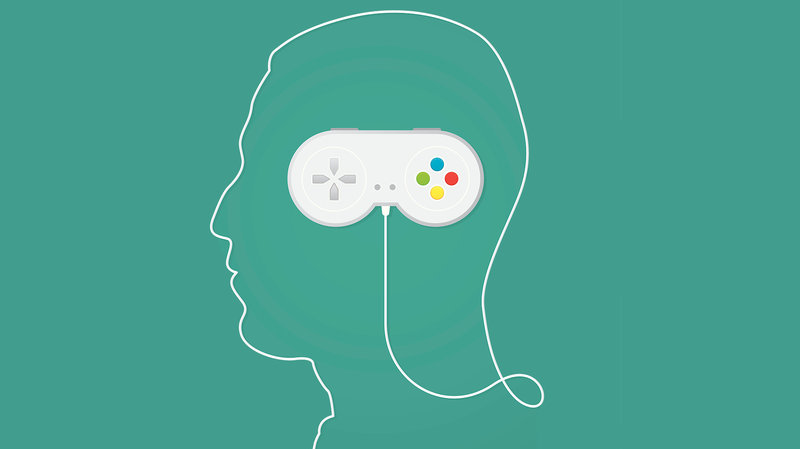A study released in the Journal of Child Psychology and Psychiatry was unable to find any significant correlation between video game addiction and common psychiatric problems. The study was conducted at the Norwegian University of Science and Technology.
According to researchers, 702 children from Norway were evaluated for signs of a condition known as Internet Gaming Disorder (IGD), as defined in the DSM-5. The participants were between 10 to 14 years of age.
Among the participants, they were also assessed for common psychiatric symptoms in children such as anxiety, depression, attention-deficit hyperactivity disorder, and conduct disorder.
From the findings, researchers could not find any strong correlation between IGD and nearly all common psychiatric symptoms.
“We’ve found no connection between IGD and psychiatric problems, other than that 10- and 12-year-olds who had more symptoms of gaming addiction developed fewer symptoms of anxiety two years later when they were 12 and 14 years old,” said Beate Wold Hygen, co-author of the study, in a news release.
“We looked at anxiety, depression, ADHD and oppositional defiant disorder. But children who had more symptoms of these mental disorders were not more susceptible to gaming addiction,” Hygen concluded.
The study was also authored by Věra Skalická, Frode Stenseng, Jay Belsky, Silje Steinsbekk, and Lars Wichstrøm.


